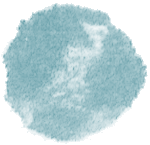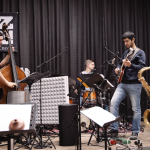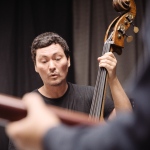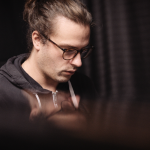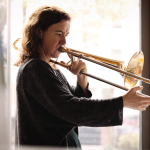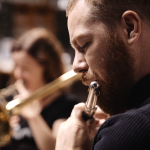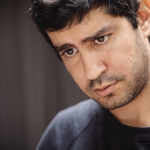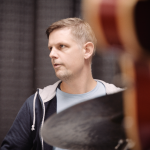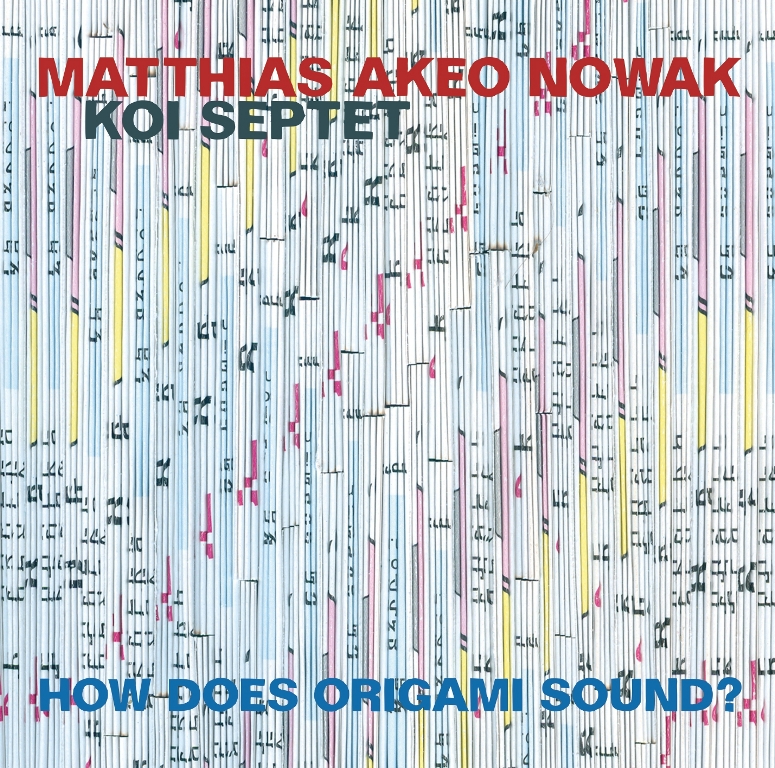 Seit 2010 leitet der Bassist Matthias Akeo Nowak das Koi-Trio, das 2012 das gleichnamige Debütalbum und 2014 ein zweites Album mit den Solisten Sebastian Gille und Rainer Böhm veröffentlicht hat. Sein neuestes Projekt „How does Origami sound?“ wurde im Oktober 2020 während der Pandemie realisiert, unterstützt durch die MKW-NRW Soforthilfe 2020 und den Musikfonds e.V. 2021.
Seit 2010 leitet der Bassist Matthias Akeo Nowak das Koi-Trio, das 2012 das gleichnamige Debütalbum und 2014 ein zweites Album mit den Solisten Sebastian Gille und Rainer Böhm veröffentlicht hat. Sein neuestes Projekt „How does Origami sound?“ wurde im Oktober 2020 während der Pandemie realisiert, unterstützt durch die MKW-NRW Soforthilfe 2020 und den Musikfonds e.V. 2021.
Die Faltkunst Origami führt von einfacher Aufteilung eines Papierblattes zu komplexen Gestalten. Diesen Weg versuche ich in meinen Kompositionen zu gehen: Falten und Entfalten, Experimentieren und Generieren von neuem Material aus einer Quelle. Eine Origami Faltstruktur (Crease Pattern) wird zur Vorgabe und Anregung für Klangkonstellationen und zeitliche Abfolgen innerhalb eines Stückes.
Mehr Information unter Music and Paperfolding
Pressemappe und Pressebilder gibt es unter Downloads
Besetzung
- Matthew Halpin: Tenor & Alto Saxophones / Flute
- Stefan Karl Schmid: Tenor & Soprano Saxophones / Clarinet
- Shannon Barnett: Trombone
- Simon Seidl: Fender Rhodes / Piano
- Matthias Akeo Nowak: Double Bass
- Riaz Khabirpour: Guitar
- Oliver Rehmann: Drums
Music and Paperfolding
Origami is to folding, as music is to sound.
Paul Jackson
folding (mirroring), geometry and numeric games as well as the field of musics inherent physics and mathematics (e.g. overtone series) has always been an attractive resource for composers of every genre. being drawn to a more systematic approach of composing and sonic experimentation, my focus lies on compositional tools, derived from writings, workshops, analysis, lessons, interviews and the „source direct“, music itself.
investigating pieces and compositions of my musical role models as well as experimenting and generating new material from a single source in order to build coherence and to embrace these limitations as a benefit for creative solutions, has been my main focus. techniques I found have been applied in compositional sketches and studies and result in different „lead- sheet- frameworks“.
taking advantage of the art of paper-folding, the possible visualisation and comprehension of folding processes, from simple to more complex, adding the philosophical aspects of the old japanese art- form origami, is leading towards a more fundamental understanding of both, logic and beauty.
looking into the geometry of an unfolded origami allows to imagine musical forms, from the smallest detail to the whole plan. both ways being explored, building a musical piece from scratch, using the smallest detail related to an origami (e.g.A3-5) as well as creating music as close as possible (e.g. Primefish) to a “folding plan” allows to stretch out and investigate the limitations and conceptual freedom.
www. matthiasakeonowak.wordpress.com


